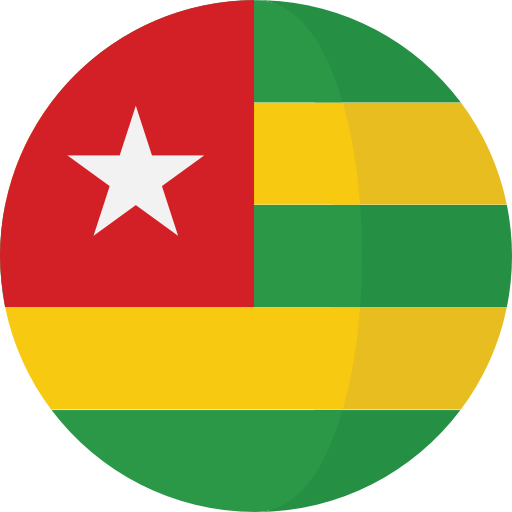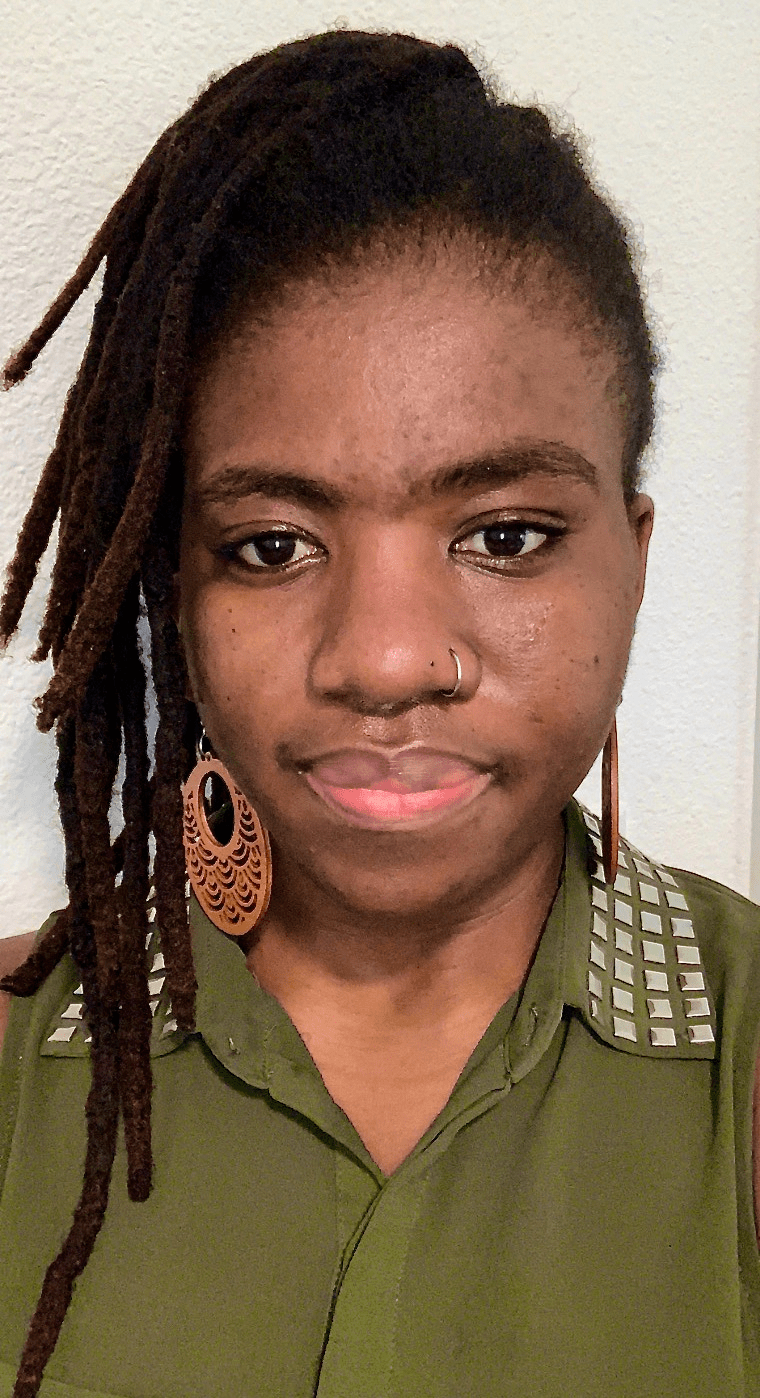What is your educational background?
I am currently a PhD student in Environmental Engineering at the University of Washington. Prior to that, I obtained both a Bachelor of Science and a Master of Engineering in Environmental Engineering at Cornell University, and an Associate of Sciences in Mathematics from Minneapolis Community and Technical College.
What is your current occupation?
I am second year PhD student in Environmental Engineering at the University of Washington. Currently, my research investigates low-cost engineered media for urban storm water treatment. I am generally interested in water remediation techniques.
What or who got you into STEM?
I like solving problems, so I always had an interest in mathematics. I was the kid who would try to come up with my own math problems and solve them. I got interested in sciences, specifically chemistry, in middle school where I got the chance to be in a chemistry laboratory and see chemical reactions happen. During my undergrad studies, one of my mentors strongly encouraged me to apply for a research internship. That opportunity solidified my interest in STEM when I realized I could apply theories from my favorite academic subjects to address issues that affect our environment and public health.
What is the biggest challenge/barrier you have faced as an African in STEM?
Growing up in Togo, I had no idea a career in scientific research was viable. My ideas for careers in STEM were limited to engineers, medical professionals, and professors (which are also excellent career paths). To discover that I can have a career in scientific research has been one of the highlights of my academic journey. Generally, the lack of representation of Black folks in STEM fields is challenging. I find myself working hard to not only prove to others but to myself as well that I belong. This lack of representation has motivated to always seek out mentors of color and to provide mentorship to students who look like me.
How do you think your background/upbringing has been beneficial in your journey/career?
My research interests have been influenced by the fact I grew up in Togo where the fishing industry is a vital part of the economy and seafood (mainly fish) is a main component of the diet of many families. Aquatic life exposure to water pollutants poses health threats to humans and our ecosystems. My background has inspired to devote my research to develop effective and low-cost remediation techniques. Additionally, moving to a new country at a young age, learning a new language and culture while still succeeding in my academic endeavors has equipped me a spirit of hard work and resiliency that keeps me motivated as I am pursuing my PhD.
How do you think we can start to change the narrative surrounding African contributions
to global STEM research & careers?
Highlighting research from the continent would be a step in the right direction. I am always elated when I come across studies in my field conducted in Africa and studies conducted by African scientists. Those of us with the power to highlight the research by our African peers should not hesitate to do so. I do recognize that there wouldn’t be any research to highlight if adequate funding and educational materials are not provided. There is a need to put pressure on government officials to allocate funds for scientific research in universities across the continent. Additionally, foreign researchers conducting studies in African countries should involve folks in those countries. This could be an opportunity for young African scientists to gain research experience and skills. Mentorship and outreach could also play a big role in changing the narrative. I don’t have the means to fund a research in Africa, but I can devote my time to mentor upcoming African scientists and show African kids in general opportunities for careers in STEM.
What advice would you like to give to young, aspiring Africans in STEM?
Be open to opportunities: be open to seek out mentors on your own, be open to apply to research internships, scholarships/fellowships even if you don’t think you can get it, be open to reframing your view/perspective, be open to learn. Most of all, believe in yourself and in your passion.





